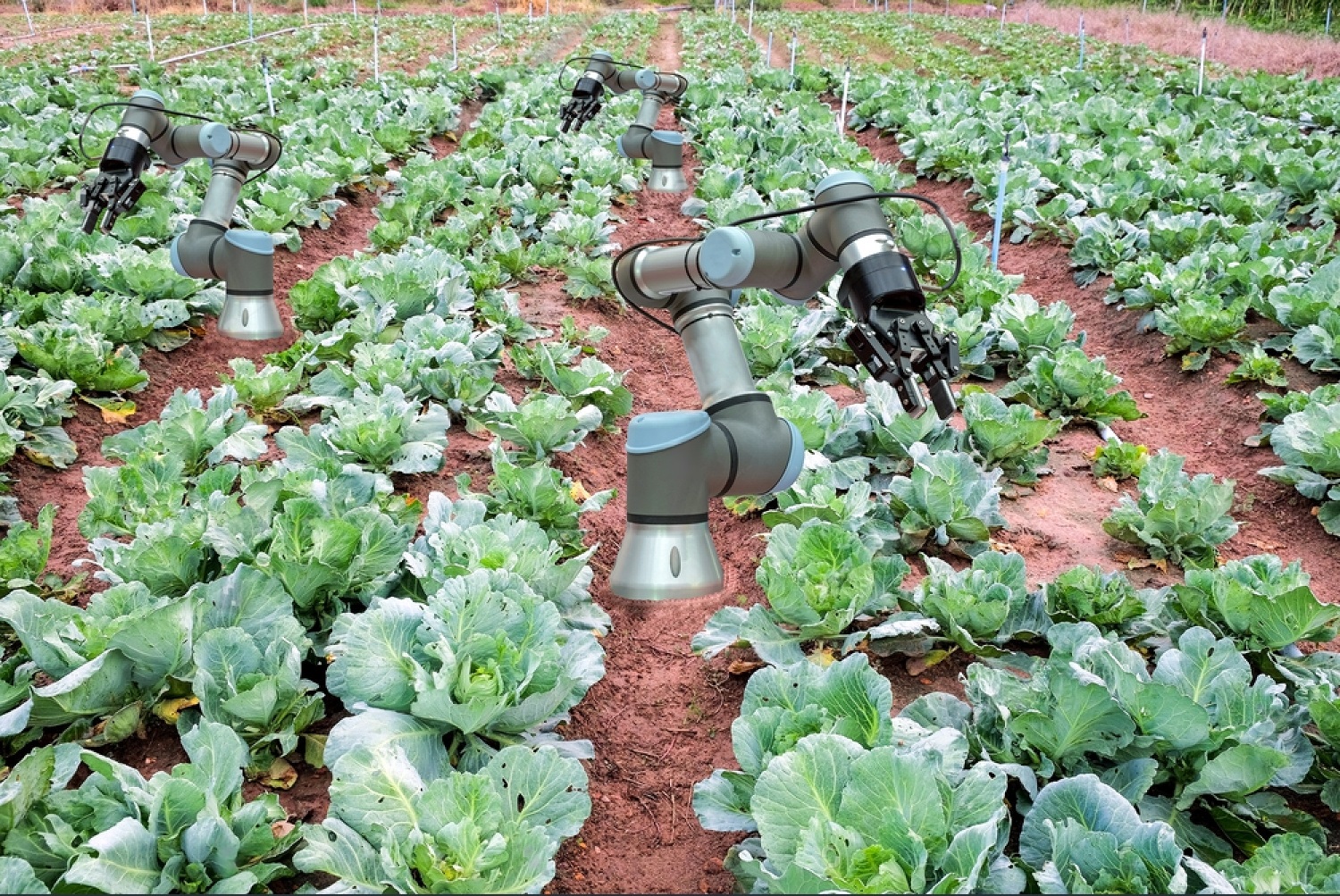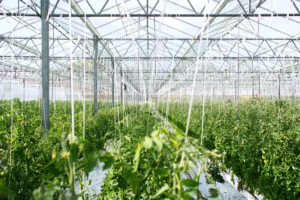The world of food and agriculture is rapidly evolving, thanks to groundbreaking innovations. From vertical farming to alternative protein sources, these pioneering advancements are shaping the future of how we produce and consume food. In this blog post, we will explore the latest innovations that are revolutionizing the food and agriculture industry, addressing challenges such as population growth, climate change, and resource scarcity.
I. Importance of Innovation in Food and Agriculture:
Innovation plays a crucial role in ensuring the sustainability and resilience of our food system. With a growing global population and environmental challenges, traditional farming methods alone are insufficient. Pioneering innovations offer solutions that can optimize resource usage, improve efficiency, and reduce environmental impact.
II. Vertical Farming: Cultivating Food in the Urban Jungle:
Vertical farming is a revolutionary approach to agriculture that involves growing crops in vertically stacked layers, often in urban environments. This method addresses the limited availability of arable land by utilizing vertical space efficiently. Additionally, vertical farming reduces water usage and transportation costs, while providing fresh produce locally. Successful examples like AeroFarms and Plenty have demonstrated the potential of vertical farming in enhancing food security and sustainability in urban communities.
III. Precision Agriculture: Smart Farming for Enhanced Efficiency:
Precision agriculture leverages technologies such as the Internet of Things (IoT), drones, and sensors to optimize farming practices. By collecting and analyzing data on soil conditions, weather patterns, and crop growth, farmers can make data-driven decisions. Precision agriculture enables targeted and efficient use of resources like water, fertilizers, and pesticides, resulting in higher crop yields, reduced costs, and minimized environmental impact. This innovative approach is transforming traditional farming methods and empowering farmers to optimize their operations.
IV. Alternative Protein Sources: Redefining the Way We Eat:
The rising demand for protein, coupled with environmental concerns associated with traditional animal agriculture, has paved the way for alternative protein sources. Plant-based proteins and cultured meat offer sustainable and healthier options. Companies like Beyond Meat and Impossible Foods have successfully developed plant-based meat alternatives that closely mimic the taste and texture of animal-based products. Cultured meat, produced from animal cells without the need for traditional livestock, has the potential to provide a more environmentally friendly and ethical approach to meat production. These alternative protein sources are shaping the future of our diets, offering innovative solutions to address the environmental impact of food production.
V. Gene Editing and Biotechnology: Transforming Crop Yield and Resilience:
Gene editing and biotechnology have revolutionized crop breeding and genetic modification processes. Scientists can now enhance crop yield, improve disease resistance, and develop crops with increased tolerance to drought and other environmental stresses. These innovations have the potential to ensure food security in the face of climate change and evolving pests and diseases. However, it is important to approach gene editing and biotechnology with responsible ethics and consider the long-term implications of their use.
VI. AI and Big Data Analytics: Unlocking Insights for Efficient Farming:
Artificial intelligence (AI) and big data analytics are transforming farming by providing valuable insights and predictive models. AI algorithms can analyze vast amounts of data, including weather patterns, soil conditions, and historical crop performance, to optimize planting schedules, predict pest outbreaks, and improve resource allocation. By harnessing the power of AI and big data, farmers can make informed decisions, reduce waste, and enhance overall productivity and sustainability.
Takeaway
The future of food and agriculture lies in groundbreaking innovations that address the challenges of our time. Vertical farming, precision agriculture, alternative protein sources, gene editing, and AI-driven analytics are reshaping the industry, ensuring a more sustainable, efficient, and resilient food system. By embracing these pioneering advancements, we can work towards a future where food production is optimized, environmental impact is minimized, and global food security is achieved. The journey has just begun, and the possibilities are truly exciting. Let us break ground together and shape the future of food and agriculture.




